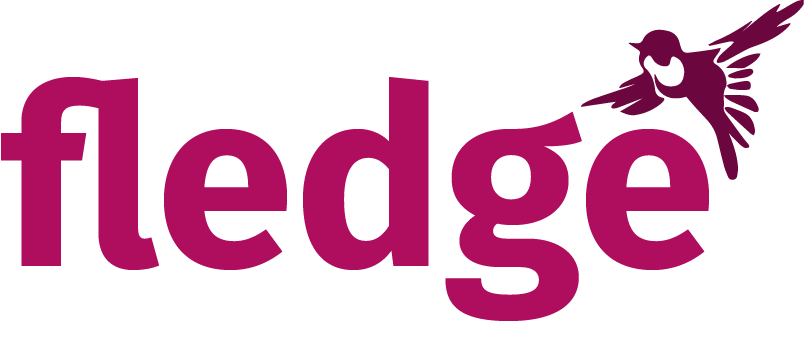Alternative Provision
Sadly, the mainstream school system doesn’t quite suit all young people. Children and young people who
are facing problems with school education may be better off with alternative provision. In England,
135,000 pupils use alternative provision at some point during the school year.
What is alternative provision?
You may be asking, what is alternative provision? Alternative provision is known as full-time education
outside of school which is arranged by the young person’s school or local authorities. The aim of
alternative provision is to ensure young people get the right education and training pathways to prevent
them from falling into the “not in the employment, education or training” category after year 11.
Alternative provision education can be offered to young people in various locations and settings, such as:
Vocational settings
Practical settings
Youth centres
Sports facilities
Outdoor learning centres
Community centres
Pupil referral units tend to be the most common type of alternative provision. These units are designed for
children who cannot attend mainstream school for various reasons. These work as smaller schools, with
very decreased class numbers and lots of pastoral support.
Reasons for a child needing alternative provision
Most commonly, school exclusion, caused by unmanageable behaviour, is the main reason for children
needing alternative provision education.
However, there are various other reasons why a child might attend alternative provision, such as:
Bullying
Long-term illness
Short-term illness
Not having a school place
Being a young carer
Special educational needs
Mental health problems
School phobia
Asylum seeker
Who benefits from alternative provision?
There are a few groups of people who can vastly benefit from alternative provision.
1. Students
Not all students are suited to mainstream education. Alternative provision gives young people an
opportunity to receive quality and consistent support which they may not be able to get from mainstream
education. Alternative provision will support their academic achievements and their personal
development.
2. Teachers
Teaching in England is becoming more and more difficult due to growing cohort numbers, the increasing
demand for resources and budget cuts. This is tiring for mainstream teachers. Alternative provision
education takes the burden away from teachers trying to teach challenging students, who will be better
suited in a small classroom environment with one-to-one support.
3. Communities
Young people can achieve their goals and shape the future of communities with the right education and
support from alternative provision. The system helps them to take pride in their achievements and lowers
their antisocial behaviour, benefitting everyone in the community.
Fledge Tuition can offer alternative provision education and is proud to be an official partner of the
National Tutoring Programme. Through this programme, our NTP tutors are able to offer our students a
high-quality, affordable tuition service that helps them to succeed. The National Tutoring Programme is a
UK government initiative that helps disadvantaged students access high-quality, targeted tuition. As one
of a few approved National Tutoring Programme tuition partners, Fledge can help schools close the
attainment gap.
Become a Fledge tutor today and join other qualified teachers in helping young people succeed
academically.
